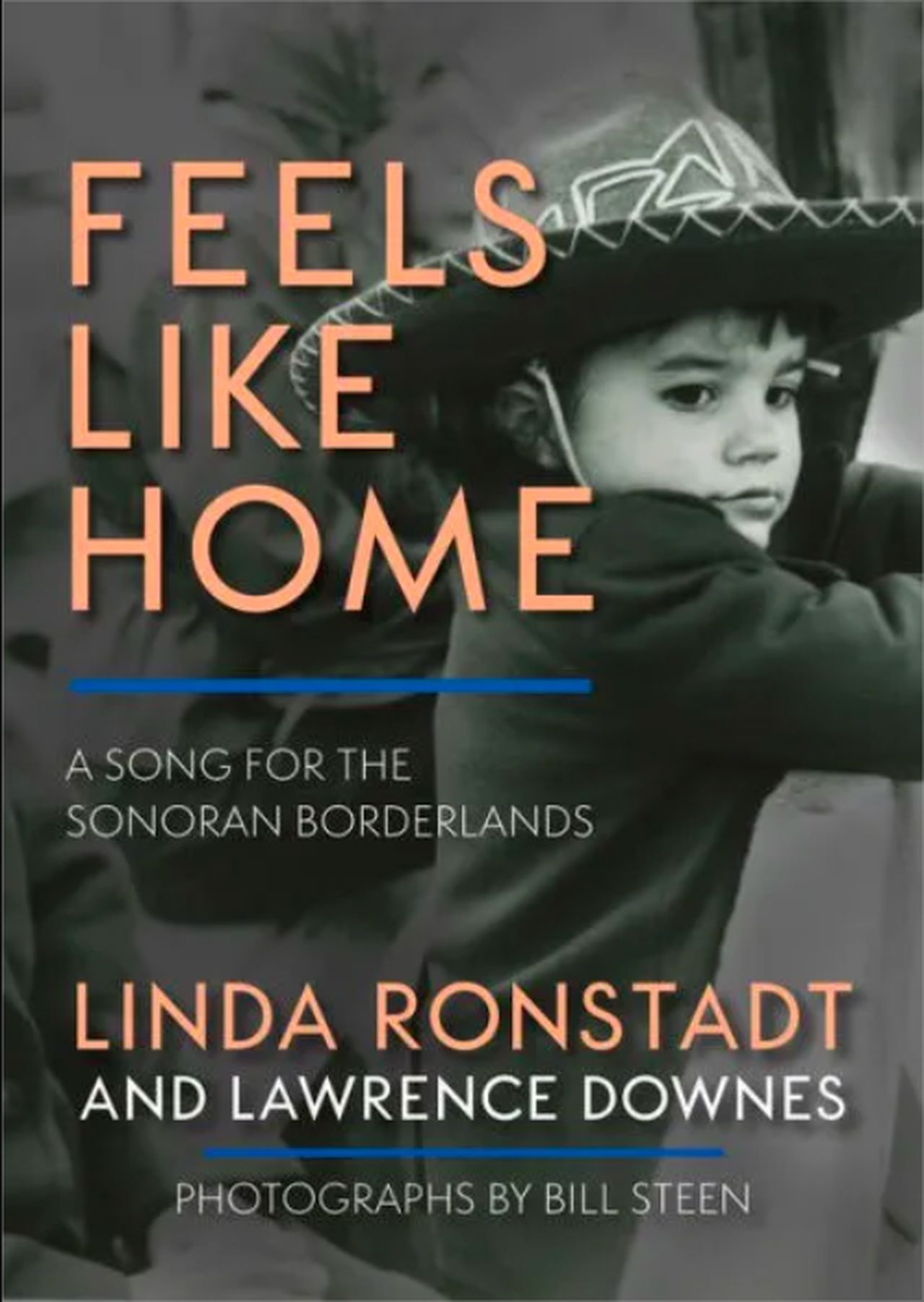
Home page thumbnail: Bill Steen
Armpit Tortillas and Cactus Saliva: On Linda Ronstadt and Lawrence Downes' Feels Like Home
Los Angeles Review of Books
19 October 2022
“Ronstadt’s knowledge of this history makes one of the key questions of Feels Like Home how to validate long-term attachments to and senses of place that are nevertheless those of settlers. This is an important question for US readers, whose familial connections to this country’s legacy of Indigenous dispossession are often left unknown or are blurred behind the discourse of a nation of immigrants. Ronstadt holds the two in tension: she denounces colonial, anti-Indigenous violence (Feels Like Home includes a reprint of a letter she penned to Pope Francis denouncing the Catholic Church’s canonization of violent missionary Junípero Serra), while also acknowledging the reality of her attachment to place.
Rather than appealing to roots to validate her sense of belonging in the Sonoran borderlands, Ronstadt then appeals to the senses. Feels Like Home treats taste, sound, smell, and touch on an equal plane with sight for understanding place, achieving a rare level of sensory immersion. Ronstadt’s advantage in this regard likely comes from the fact that her first vocation was not that of a writer, but a musician — one in which sound, not sight, is primary.”
Los Angeles Review of Books
19 October 2022
“Ronstadt’s knowledge of this history makes one of the key questions of Feels Like Home how to validate long-term attachments to and senses of place that are nevertheless those of settlers. This is an important question for US readers, whose familial connections to this country’s legacy of Indigenous dispossession are often left unknown or are blurred behind the discourse of a nation of immigrants. Ronstadt holds the two in tension: she denounces colonial, anti-Indigenous violence (Feels Like Home includes a reprint of a letter she penned to Pope Francis denouncing the Catholic Church’s canonization of violent missionary Junípero Serra), while also acknowledging the reality of her attachment to place.
Rather than appealing to roots to validate her sense of belonging in the Sonoran borderlands, Ronstadt then appeals to the senses. Feels Like Home treats taste, sound, smell, and touch on an equal plane with sight for understanding place, achieving a rare level of sensory immersion. Ronstadt’s advantage in this regard likely comes from the fact that her first vocation was not that of a writer, but a musician — one in which sound, not sight, is primary.”

